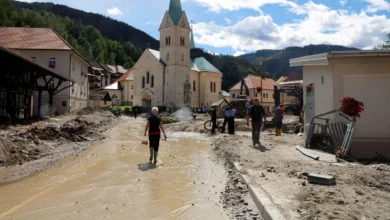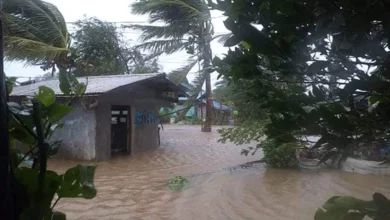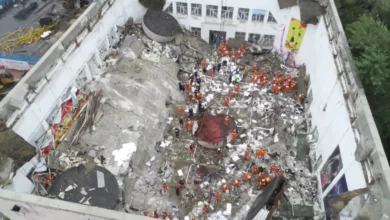
At least 19.3 million people were forced to flee their homes in 2014, with at least one person every second displaced by a disaster in the last seven years, according to a report published by the Norwegian Refugee Council (NRC)
The Internal Displacement Monitoring Center (IDMC) of the NRC released a global report on Monday stating that nearly 17.5 million people were forced to flee their homes from disasters brought on by weather-related hazards, such as floods and storms in 2014m and 1.7 million had to relocate due to geophysical hazards, such as earthquakes.
“The millions of lives devastated by disasters are more often a consequence of ill-conceived man-made infrastructures and policies, rather than the forces of mother nature,” said Jan Egeland, Secretary General of NRC. “A flood is not in itself a disaster, the catastrophic consequences happen when people are neither prepared nor protected when it hits.”
The report points to the man-made factors that drive an overall growing trend in disaster displacement, including rapid economic development, urbanization and population growth in hazard-prone areas.
The report argues that these reasons are contributing to the increas in the number of people displaced and the risk that their displacement becomes a long-term problem.
“The likelihood of being displaced by a disaster is 60 percent higher than it was four decades ago, and an analysis of 34 cases reveals that disaster displacement can last for up to 26 years,” the report read.
People in both rich and poor countries can be caught in protracted, or long-term, displacement. In the US, over 56,000 people are still in need of housing assistance following Hurricane Sandy in 2012, and 230,000 people have been unable to establish new homes in Japan following the 2011 earthquake, tsunami and nuclear accident.
The United Nations Refugee Agency said that 2014 broke a record as 38 million people were forcibly displaced within their own country by violence, compared to 33.3 million in 2013.
“Governments should prioritize measures to strengthen the resilience of people whose displacement risks becoming protracted, or has already become so,” said William Lacy Swing, director general of the International Organization for Migration, which assisted in the data collection for the report. “If communities are strengthened and ready beforehand, with solid infrastructure, early warning systems, and other such measures, displacement can be used as a short term coping strategy, or at best be avoided altogether”.




